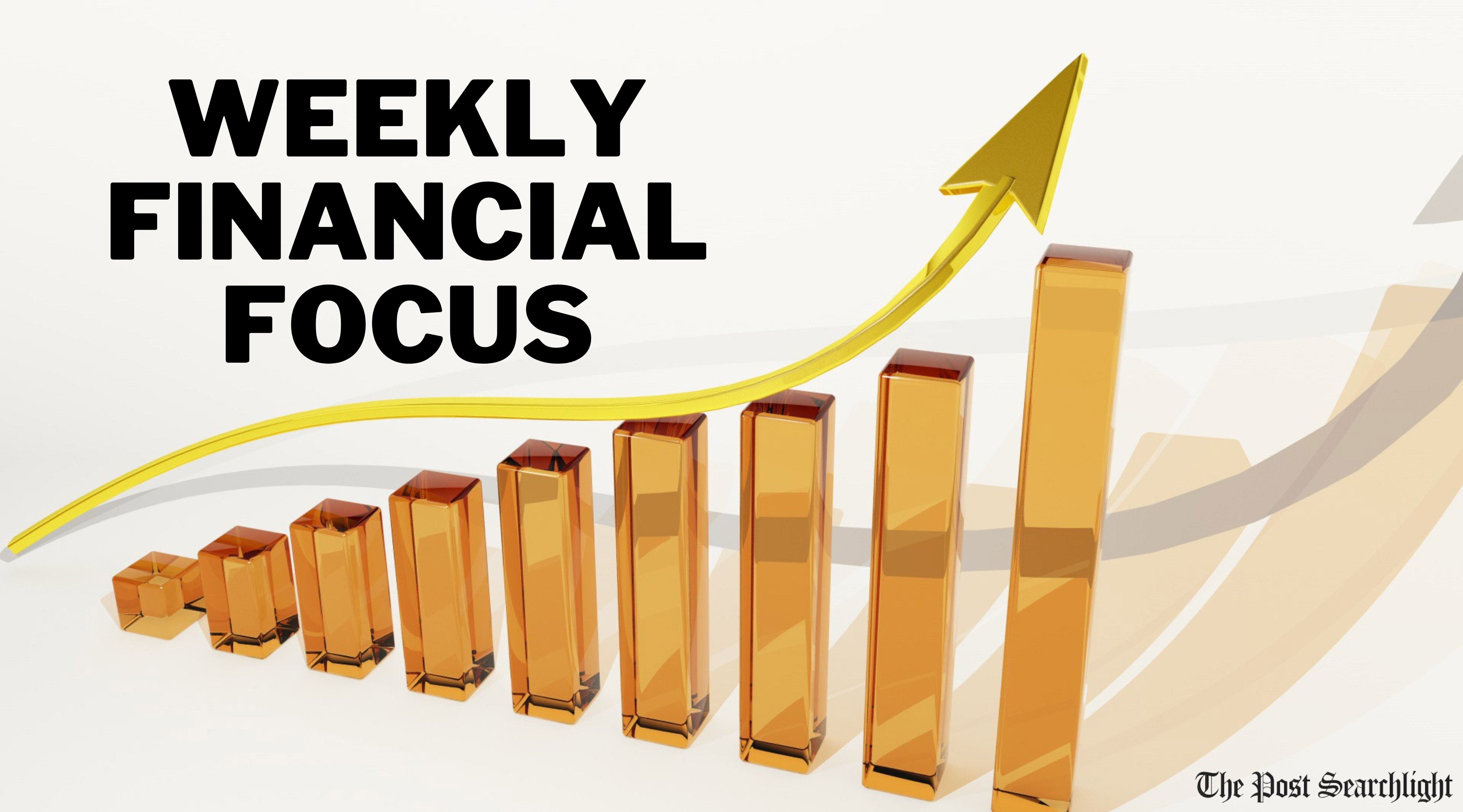What should you know about tax harvesting?
Published 4:07 pm Friday, December 21, 2018
As December winds to a close, you’ll probably see many reports and analyses of how the financial markets behaved this past year – and, of course, you should review your own investment portfolio’s performance. As in most years, you’ll likely see some gains and losses – which may be of particular interest if you want to consider a strategy known as tax harvesting.
Your potential use of tax harvesting depends on what you plan to do with investments that have fluctuated in value. Gains and losses are “paper” – or “unrealized” – until you actually sell the underlying investments that either increased or decreased. So, if you sell an investment that has gained value since you bought it, you may incur capital gains; conversely, if you sell investments that have declined in value since you purchased them, you may incur capital losses.
Essentially, tax harvesting involves selling investments that have lost value and using these capital losses to offset some capital gains you achieved by selling other investments that have gained value. But before making this move, be sure to consult with your financial professional to understand the effect that selling investments will have on your portfolio.
In addition, consult with your tax advisor on how this move might affect your overall tax situation – after all, you don’t want your “harvest” to yield a bumper crop of problems.
Keep in mind that, in general, taxes shouldn’t drive your investment decisions. So, before you actually begin any tax harvesting, ask yourself these questions:
Is this specific investment necessary for my portfolio’s balance? Like all investors, you need to achieve portfolio balance by owning a diversified mix of investments – stocks, bonds, mutual funds, government securities, and so on – appropriate for your goals, risk tolerance and time horizon. It may be that you could sell a specific investment without jeopardizing this balance, especially if you also have other, similar investments, but you need to be sure of this before you act.
Does this investment have a good outlook? Whether an investment has gone up or down during the past year doesn’t necessarily indicate whether its prospects are good. If you do think an investment, such as a stock, has positive fundamentals, you may be more inclined to keep it than if its future looks more dubious.
Do I have a plan for using the proceeds? If you are going to sell an investment, triggering tax consequences, you should at least have an idea of what you will do with the proceeds. Should you immediately put the money in one or more investments that fit in to your overall strategy? Or should you hold the funds in a cash account and wait for a good investment opportunity, such as when the markets have gone through a decline and prices are favorable?
You should consult with a financial and tax professional on how selling investments, and then buying new ones, could affect your portfolio’s balance and outlook, as well as your tax situation. By planning ahead, reviewing your options carefully and getting the help you need, you’re more likely to make a decision that works for you.
This article was written by Edward Jones for use by your local Edward Jones Financial Advisor.





